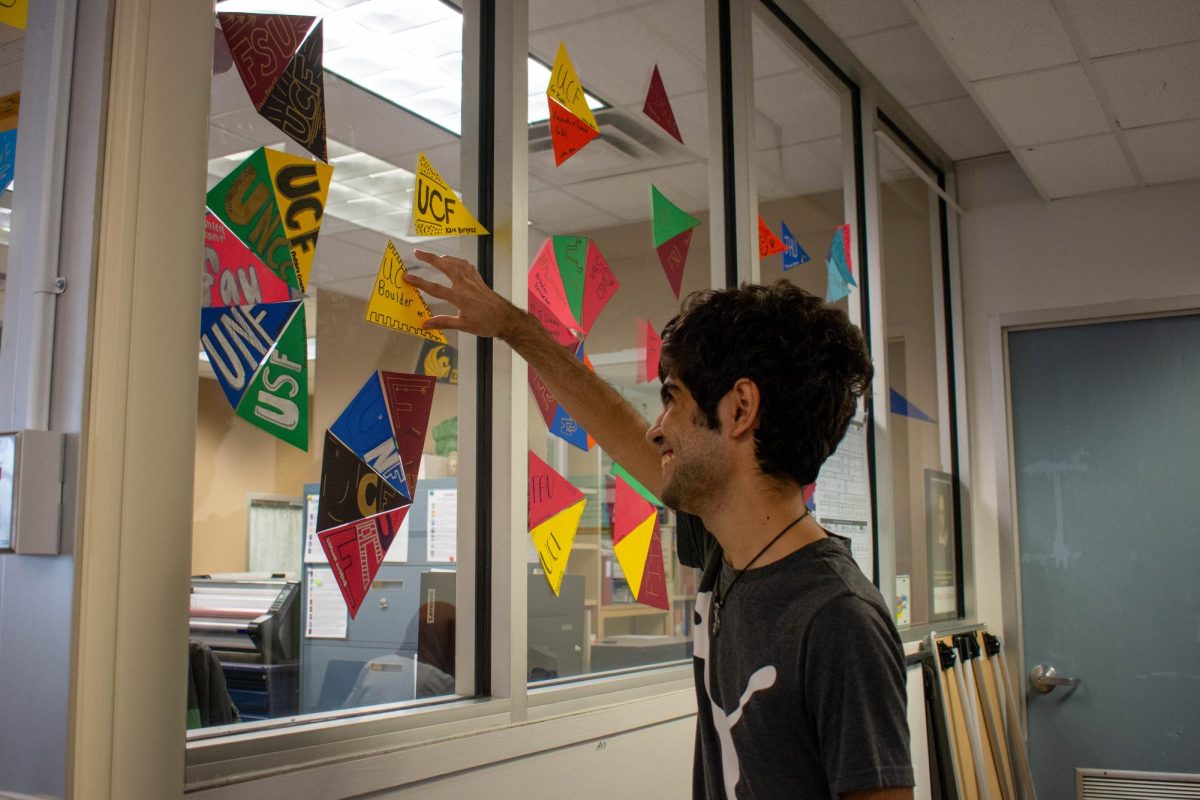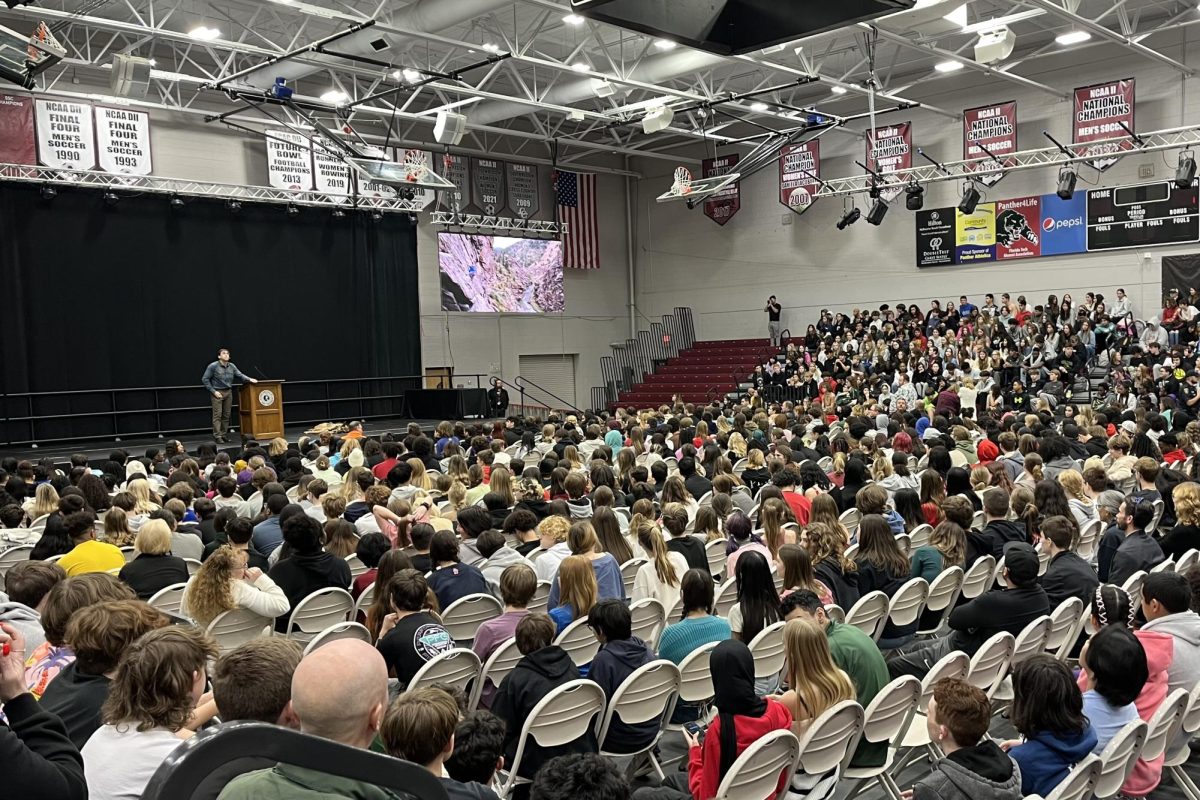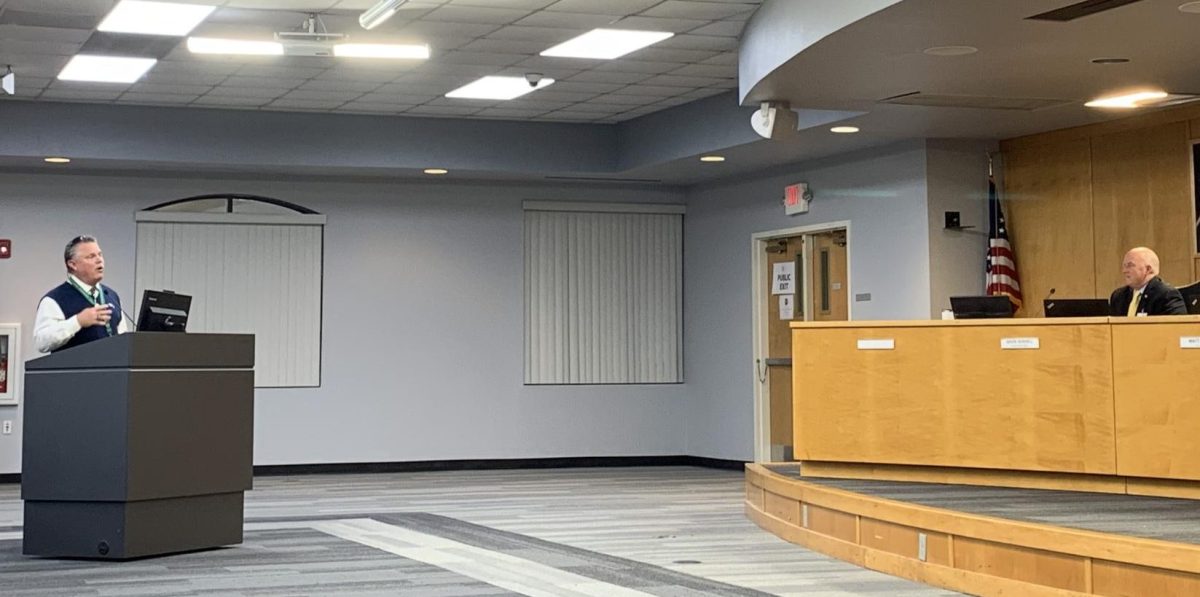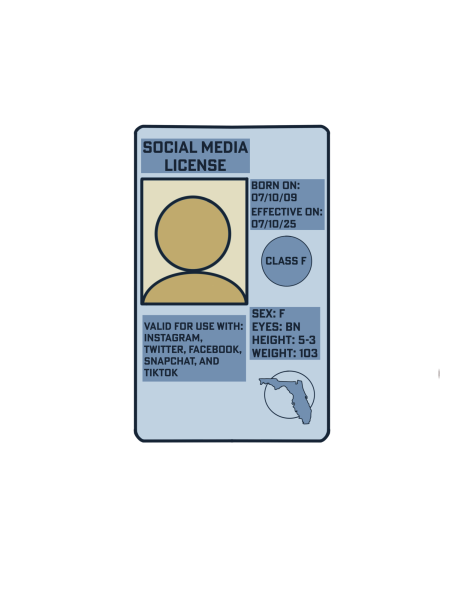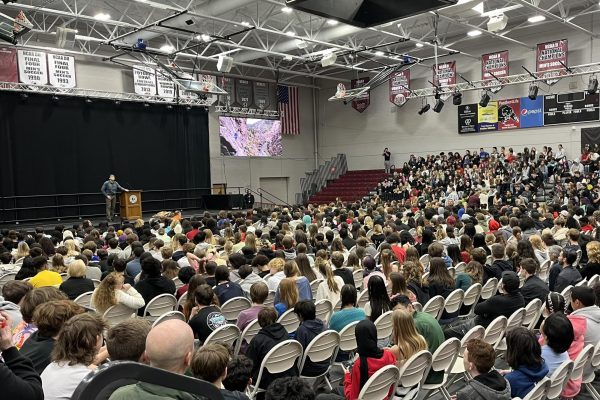College admissions affected by luck
May 19, 2017
Working tirelessly to maintain an impeccable grade-point average and achieve the quintessential standardized test scores in addition to participating in myriad extracurricular activities is necessary to be even considered for admission to any of the eight Ivy League colleges or other similar prestigious institutions. This situation was all too familiar for many ambitious seniors, including River Grace.
“I think my college resume was mostly supported by my dedication to extracurricular activities, especially things like science research and music,” Grace said. “I don’t have a perfect GPA or test scores or anything like that, so I’m sure my extracurriculars were the main factor in my acceptances. I wish I’d paid more attention to how I wrote my essays, but I’m still happy with how everything turned out.”
For Grace, they turned out quite well indeed as he will attend the prestigious Massachusetts Institute of Technology next fall.
“I’m most excited for the outside-of-the-box culture and unique people I’ll meet,” Grace said. “I’m nervous about the extremely intense academics, but I’m sure I’ll love the experience no matter what.”
After applying to 11 colleges, another senior, Adriana Dudley, also achieved her dream — a spot at University of California, Los Angeles.
“UCLA has definitely been my favorite school every since I can remember,” Dudley said. “I love L.A., and it’s in the heart of the entertainment industry. They have a really good theater program there so I definitely want to minor in acting.”
Principal Rick Fleming said that he thinks the admission decisions of the prestigious colleges are somewhat random.
“When you’re talking selective colleges, most of their applicant pool, if not all, are 4.0, 1450 SAT and a lot of our students meet that criteria when they apply, so it’s almost like the admissions people kind of toss up these applications in a room, and then throw up handfuls of glitter, and wherever the most glitter lands, that’s the ones that get in,” Fleming said. “So I don’t think it has to do
with something we are doing or not doing. I think it’s luck of the draw to be honest with you. We have communicated
with college admissions people all over the nation and we asked them what separates students apart. All of the things we have been given indication on, we are doing.”
Fleming also mentioned that one of the reasons West Shore requires a language to be taken for three years is because it strengthens a senior’s college application.
“I remember when I first got here, we would have students who would take French 1, Spanish 1 and Latin 1 and say ‘oh, I’m proficient’ and the colleges wouldn’t admit them because they weren’t proficient,” Fleming said.
Another core part of the college admissions process is the personal essay, which Fleming thinks plays an important part in the decision.
“I think the personal statements of the student needs to be a little bit more cerebral,” Fleming said. “Rather than focused and about me, me, me, it needs to be more about building community and building capacity. I think colleges are looking for somebody who is going to be that cerebral leader that people are attracted to. Capturing that in 300 to 400 words in a college admissions essay is tough to do.”
Grace said one of the main reasons he applied to many schools is because he hoped to at least get in to one.
“On decision day I was nervous, but I didn’t expect to get into many schools,” Grace said. “Overall I was very happy with how many schools seemed to want me.”

![The Melbourne Fire Department recognized coach and custodian Derrick Hamilton on April 16 with the Lifesaving Citizen Award during lunch. I would just react for anyone, Hamilton said. My love for children -- thats what it comes down to. [I am] where I am supposed to be.](https://westshoreroar.com/wp-content/uploads/2024/04/DSC_0639-1-e1713376507113-1200x805.jpg)

